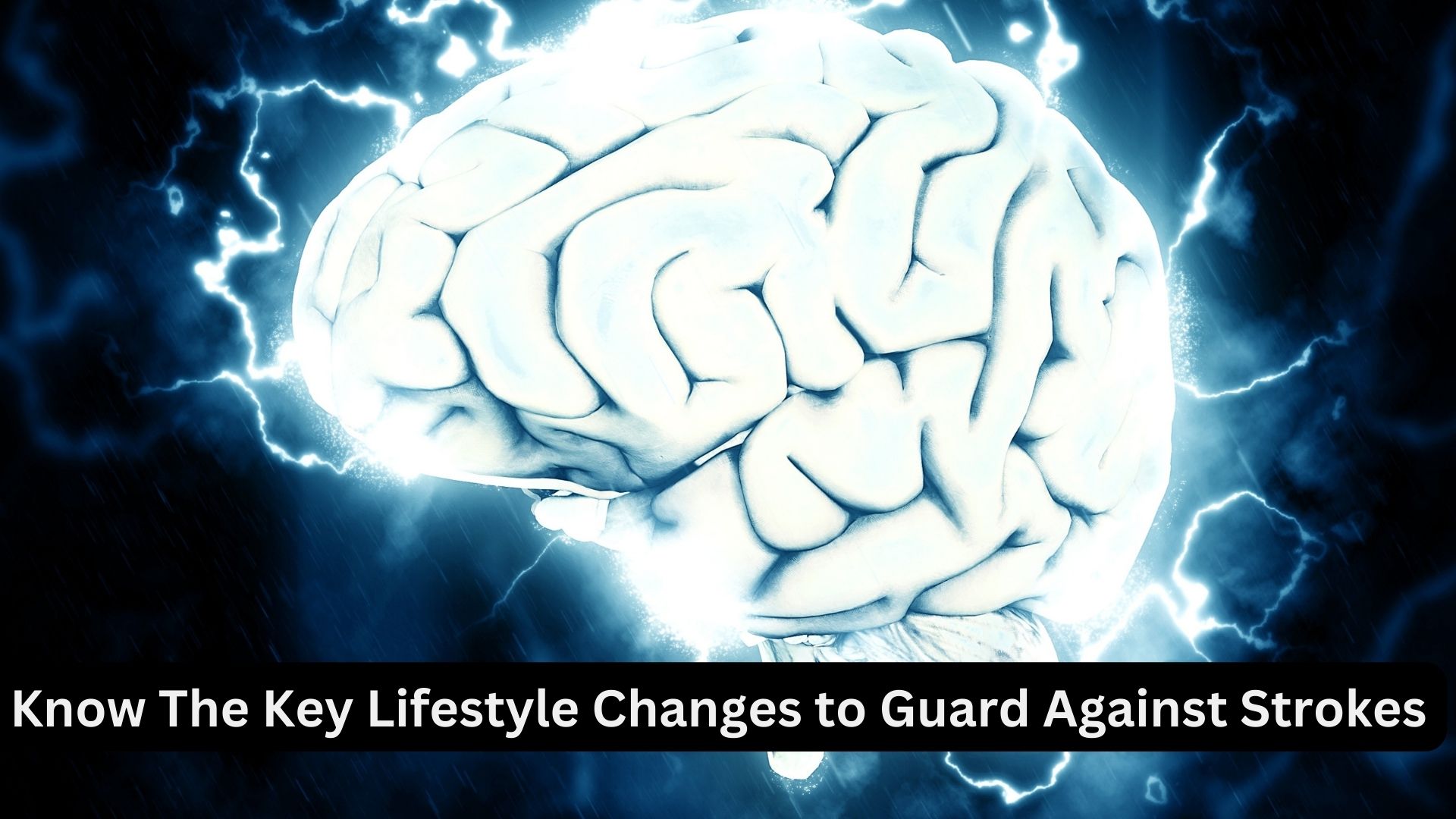
In our fast-paced modern world, a multitude of stressors and triggers can contribute to various health issues. Surprisingly, strokes are no longer confined to the elderly, as even young individuals find themselves at an increased risk of developing these ailments. A stroke occurs when there is a disruption in the blood flow to the brain, either due to a blockage or sudden bleeding, depriving the brain of essential oxygen and nutrients.
Statistics reveal that strokes, a leading cause of both death and disability, are more prevalent than one might initially think. Each year, over 800,000 people suffer from a stroke, and an alarming 200,000 of these cases are recurrent strokes.
The World Health Organization underscores that stroke stands as one of the most common neurological conditions, frequently leading to long-term disabilities and a host of emotional and socioeconomic repercussions. It imposes immense distress not only on the affected individuals but also on their families and healthcare providers.
Experts have identified several preventive measures to mitigate the risk of strokes:
- Weight Management: Obesity serves as a root cause for various health complications, including high blood pressure and diabetes. Moreover, it significantly heightens the likelihood of experiencing a stroke. Experts emphasize that even a modest reduction in weight, as little as 10 pounds, can substantially lower your stroke risk. An ideal body mass index (BMI) should be 25 or less, and achieving this goal involves adopting a healthy diet and incorporating daily exercise.
- Regular Exercise: Exercise benefits extend beyond weight loss and body toning; it also plays a pivotal role in lowering blood pressure, thus reducing the risk of strokes. Health experts recommend engaging in moderate-intensity exercise for at least five days a week. Activities such as walking, swimming, and cycling are excellent options for achieving the required high-to-moderate intensity levels.
- Moderate Alcohol Consumption: For those who consume alcoholic beverages, moderation is key. Harvard Health advises that exceeding more than two drinks per day significantly increases stroke risk. To maintain a safe balance, it is recommended to limit alcohol consumption to no more than one drink per day and to be mindful of portion sizes, particularly with hard liquor.
- Blood Pressure Management: High blood pressure is a major contributor that can double or even quadruple your risk of experiencing a stroke. Thus, it is crucial to monitor and control your blood pressure on a regular basis. Ideal blood pressure values stand at 120/80 and can be maintained by reducing salt intake, avoiding high-cholesterol foods like burgers, cheese, and ice cream, incorporating fresh fruits, vegetables, whole grains, and lean meats into your daily diet, and engaging in regular exercise.
- Atrial Fibrillation Treatment: Atrial fibrillation, an irregular heartbeat, can lead to the formation of clots in the heart. These clots can migrate to the brain, causing a stroke. Therefore, it is imperative to seek treatment for atrial fibrillation promptly. This condition carries a nearly fivefold risk of stroke and should not be underestimated. Seek immediate medical attention if you experience symptoms such as heart palpitations or breathlessness.
In today’s hectic world, taking proactive steps to manage these risk factors is essential to reduce the likelihood of strokes and ensure better overall health and well-being.
Also read
Morning Meditation: Enhancing Well-being with Reduced Stress, Anxiety, and Increased Energy
